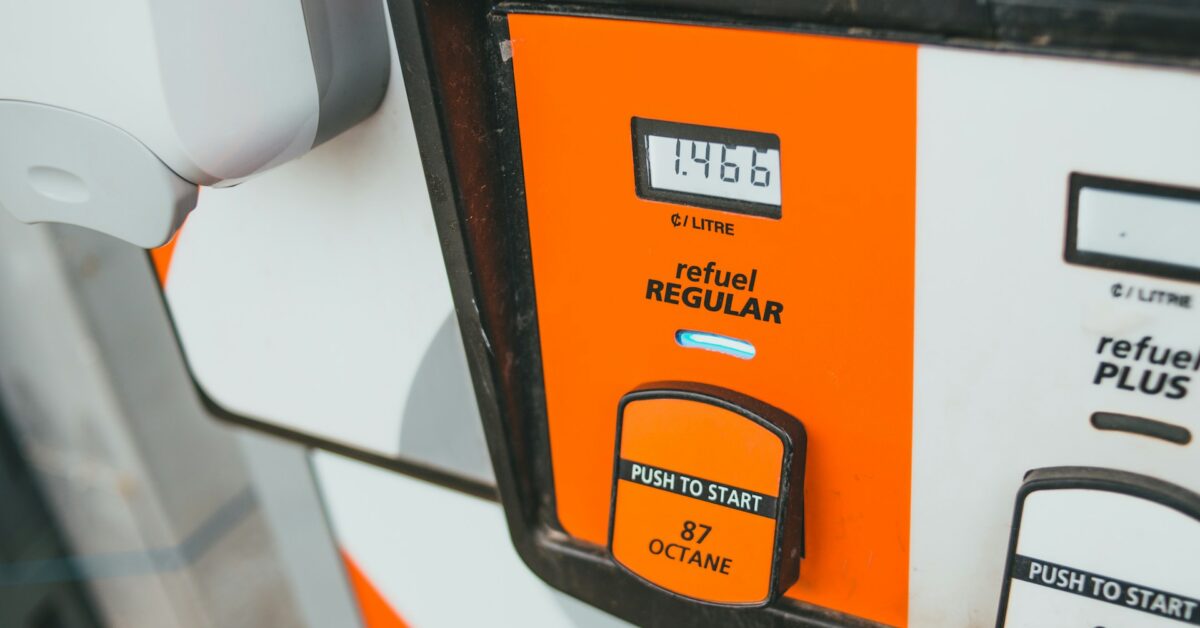Managing a fleet comes with a long list of expenses. In fact, it’s one of the most costly endeavors some businesses face. Those added expenses can quickly get out of hand if they’re not kept in check. The tasks of gathering employees’ fuel receipts and keeping track of every gallon of gas they purchase alone can be all but impossible. In many cases, it leaves businesses vulnerable to unnecessary expenses, fraudulent spending, and an array of additional problems.
An ever-growing number of companies are finding that fuel cards can solve many of the problems they’re up against in that regard. Fuel cards can certainly give employees an easier, more convenient way to pay for fuel. Their potential advantages run much deeper than that, though. Consider some of the hidden financial benefits of managing expenses with fuel cards.
Contents
More Effective Expense Tracking
For one, fuel cards help businesses track expenses more effectively. They automatically track transaction data, including when and where fuel is purchased and how much is spent. They also aid in keeping track of individual employee spending because each card is assigned to a specific person. Since fuel cards can provided itemized spending reports, they can provide insight on what employees are purchasing as well.
Fuel cards can make expense tracking faster and simpler. They’ve been found to reduce the time spent on this task by an estimated 75 percent. They greatly reduce the potential for human error as well.
Improved Fraud Control
Perhaps one of the most significant benefits of fuel cards is their potential to control and prevent fraud. Giving employees general company credit cards to use for fuel purchases leaves a great deal of room for dishonesty. People have been known to make personal purchases on company credit cards with the hope that no one will notice. Some even use company credit cards to fuel up their personal vehicles.
With fuel cards, you can dictate the types of purchases employees are allowed to make. For example, you can authorize purchases for fuel, DEF, and other related items while rejecting purchases for drinks, snacks, and other non-essentials.
Additionally, you can require employees to enter their personal identification numbers, their vehicles’ mileage, and other details to prevent them from using their fuel cards for their personal vehicles. Some companies have reported reducing fraudulent charges by 60 percent or more after implementing fuel card systems.
Discounts and Rebate Programs
Another way fuel cards can help manage expenses is through discounts and rebate programs. Many fuel card programs give customers access to wholesale prices rather than retail prices. That alone can save a great deal of money at the pump, especially when you’re purchasing large volumes of fuel. Some programs save customers as much as 10 cents per gallon.
At the same time, certain programs offer rebates for high-volume fuel customers. That can add up to major savings for even a small fleet. The larger your fleet is, the more you stand to save.
Managing Expenses With Fuel Cards
Those are only a few of the ways fuel cards can help businesses save money on fleet management. Fuel card systems can also help companies find extra tax deductions and reduce the risks of mistakes when claiming deductions.
They can help companies determine which of their employees and routes may be costing them more money than necessary as well. Though operating a fleet comes with major expenses, fuel cards can help minimize unnecessary costs.

